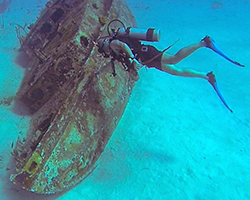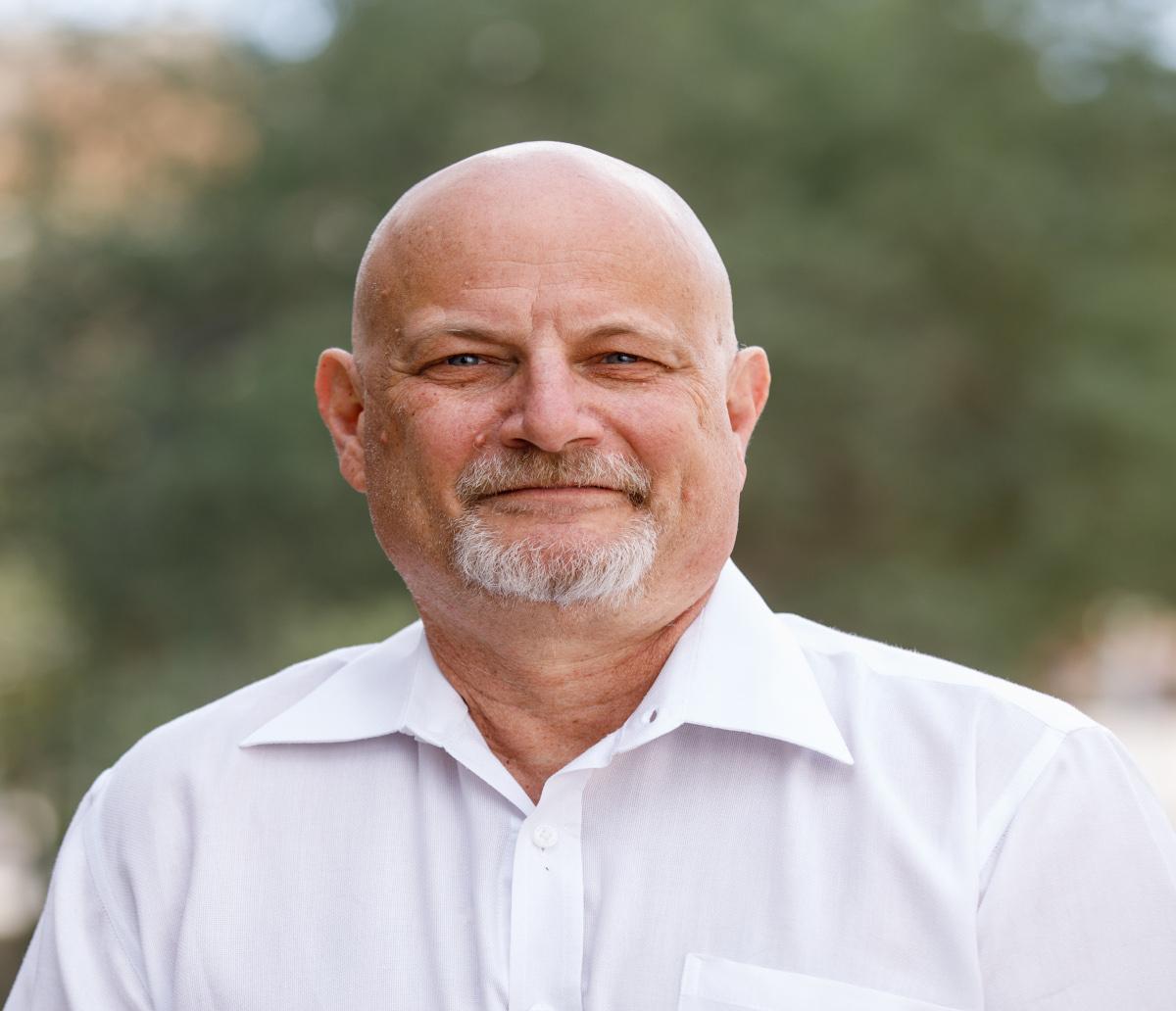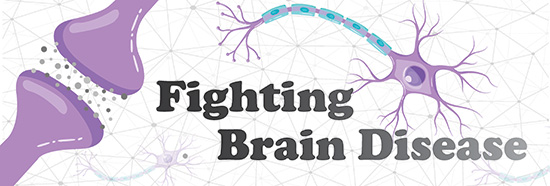Career Path for Jeffrey Kordower
Fast Facts:
- Number of years in school: 20
- Favorite class / subject: Psycho-pharmacology
- Hardest class / subject: Organic Chemistry
- First Job: Assembling Sunday papers and shining shoes
- Dream job as a kid: Shortstop for the New York Yankees
- One word you would use to describe your current job: Dream
Exploring the Uknown
On a warm, summer day Jeffrey Kordower plunges into the ocean. Dressed in SCUBA gear, he dives deep into the water taking in the aquatic scenery. Fish dart around him with interest, but he pays them no mind. Off in the distance he sees his target - an old ship that has sunk to the sea floor. He swims over to explore the wreckage.

The ship is old and rusted, corroded by the salty seawater. Looking for a way in he finds a door on the deck, but it refuses to budge. Determined to get inside, he swims around searching for another entry. On the side of the ship, there’s a hole large enough to fit through. He squeezes through and continues on his search. This is just one example of Kordower’s persistence. Even when there are obstacles that get in his path, he tries to find other ways to reach his goals.
Kordower didn’t always want to be a scientist. In fact, his original plan was to help people by being a doctor. But some of the required courses on that path made him reconsider. After a tough organic chemistry class, he thought of another way to get into the medical field – scientific research.
He started off studying pain perception at Queens College where he got his Ph.D. in neuropsychology. Looking for new ways to help people, he started studying tissue transplants at University of Rochester. By chance, Kordower was put onto a project studying Parkinson’s Disease. At the time, he was not too familiar with the disease, but it was an important point in his career. “I'll tell you that was one of those fork in the road moments. If that moment did not occur, I would not be sitting here,” he said.

Now Kordower is the director of ASU’s Neurodegenerative Disease Research Center. Rather than struggling with questions on his own, here he can round up scientists to work together. Kordower is grateful to have this position as well as the support he’s received from the Michael J. Fox Foundation for Parkinson’s Research. These groups have created opportunities for him to focus on a career he has truly grown to love.
Not being a doctor hasn’t stood in the way of Kordower helping people as much as he can. He believes one of the most important things for current and future scientists to do is to connect with patients. Early in his career, he understood how these diseases affect brains, but he was missing how they affect people. He saw this as more of an invite than an obstacle, and started talking about his research with patients directly. Those conversations taught him what patients care about, what they worry about, and how they feel. “I learned so much from seeing [and] talking to patients,” Kordower said. In and outside of research, he is well on his way to helping those with neurodegenerative diseases.
Read more about: Fighting Back Against Brain Disease
Bibliographic details:
- Article: Career Path: Jeffrey Kordower
- Author(s): Dr. Biology
- Publisher: Arizona State University School of Life Sciences Ask A Biologist
- Site name: ASU - Ask A Biologist
- Date published:
- Date accessed:
- Link: https://askabiologist.asu.edu/career-path-jeffrey-kordower
APA Style
Dr. Biology. (). Career Path: Jeffrey Kordower. ASU - Ask A Biologist. Retrieved from https://askabiologist.asu.edu/career-path-jeffrey-kordower
Chicago Manual of Style
Dr. Biology. "Career Path: Jeffrey Kordower". ASU - Ask A Biologist. . https://askabiologist.asu.edu/career-path-jeffrey-kordower
Dr. Biology. "Career Path: Jeffrey Kordower". ASU - Ask A Biologist. . ASU - Ask A Biologist, Web. https://askabiologist.asu.edu/career-path-jeffrey-kordower
MLA 2017 Style

Jeffrey Kordower studies what happens as our brain loses neurons and how we might be able to reverse it.
Be Part of
Ask A Biologist
By volunteering, or simply sending us feedback on the site. Scientists, teachers, writers, illustrators, and translators are all important to the program. If you are interested in helping with the website we have a Volunteers page to get the process started.

